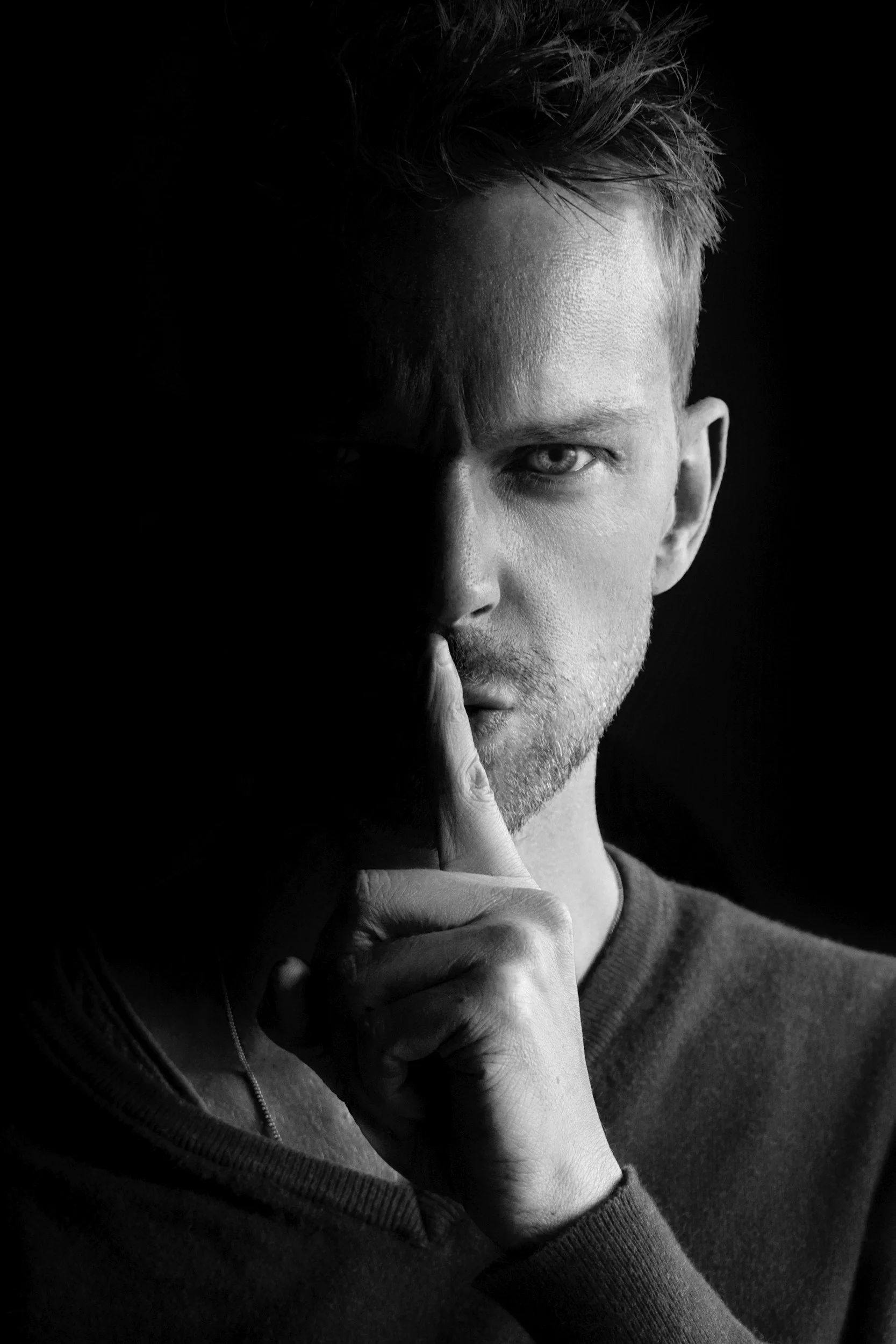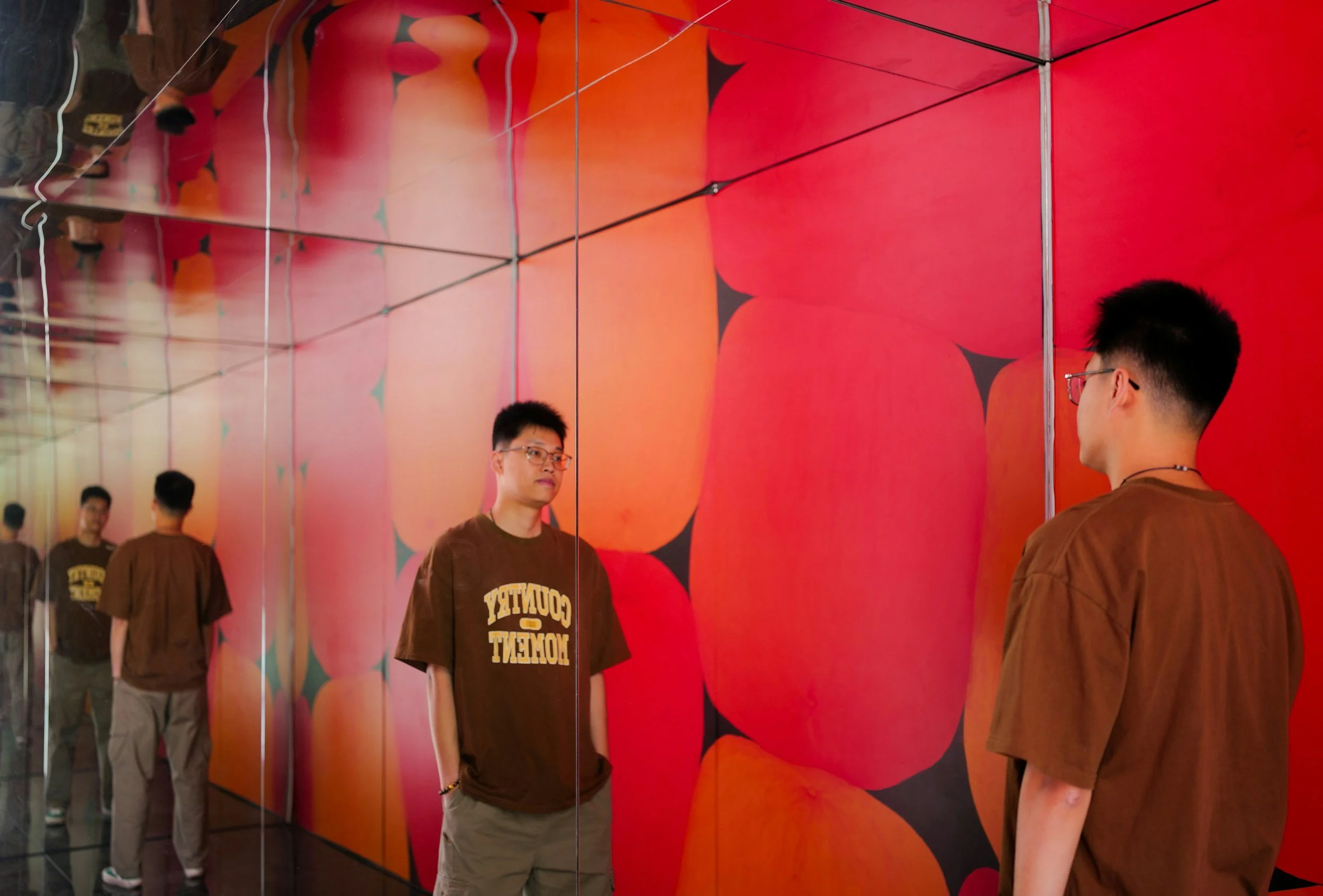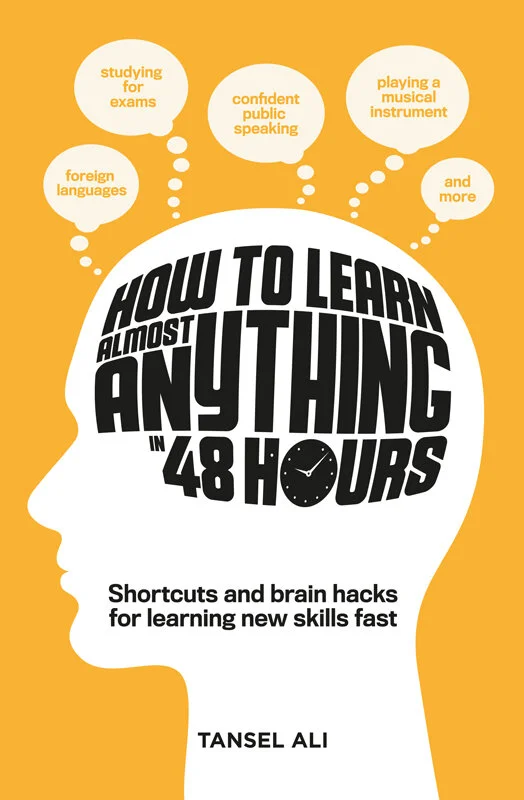Why Accountability Is the Secret to Learning Faster
The Missing Ingredient in Most Learning Plans
When people set out to learn something new, whether it’s a language, coding, or guitar, they usually focus on resources. They download apps, buy textbooks, or sign up for courses.
But here’s the problem: most of them quit. Not because they lacked intelligence, talent, or resources, but because they lacked accountability.
Accountability is the hidden driver of rapid learning. When someone else knows about your goal, expects progress from you, or checks in on your journey, you get it done. Without it, the easiest thing in the world is to drift, procrastinate, and tell yourself you’ll “start tomorrow.”
What Accountability Really Means
Accountability isn’t about punishment. It’s not about guilt trips. True accountability is about creating an environment where it’s harder to quit than to keep going.
It’s having a friend, coach, or group who notices when you don’t show up. It’s making a public promise you don’t want to break. It’s using psychology to put yourself on the hook.
👉 Key idea: When you’re only accountable to yourself, you go soft. When others are involved, you rise to the occasion.
The Psychology of Accountability
1. The Social Contract Effect
Humans are wired to live in groups. When we make a promise to others, our brains treat it as a contract. Breaking it feels uncomfortable, so we’re more likely to follow through.
2. The Spotlight Effect
Even if nobody’s actually watching closely, the belief that someone is paying attention increases effort. That’s why telling your goal to one person is more powerful than keeping it secret. When I was memorising the Yellow Pages phone book, I kept a daily public log of my progress on Twitter (X). This gave me a huge mental advantage.
3. The Consistency Principle
Psychologist Robert Cialdini found that people strive to act consistently with their commitments. Once you’ve publicly stated your intention, you’ll work harder to live up to it.
👉 Research fact: A Dominican University study showed that people who sent weekly progress reports to a friend were 76% more likely to achieve their goals than those who kept them private.
Types of Accountability (With Examples)
1. Accountability to a Partner
Find a friend, colleague, or coach who checks in. Agree to update them daily or weekly.
Example: “By Friday, I’ll recite 20 new French phrases to you.”
👉 Client story: One of my coaching clients was never great at remembering names and was forgetful after networking events. We built in accountability, he had to use the techniques shown in our sessions. Within weeks, their recall skyrocketed, as well as their confidence.
👉 How to set it up:
Choose someone reliable.
Set a clear expectation.
Agree on a check-in method (message, call, video).
2. Group Accountability
Join a class, online forum, or mastermind group. Missing sessions means others notice. The group momentum pulls you forward.
👉 Why it works: Humans don’t like being the weak link. You’ll put in extra effort to avoid letting the group down.
👉 How to set it up:
Find a group with shared goals.
Show up regularly.
Contribute, not just consume.
3. Public Accountability
Announce your learning challenge publicly, on social media, in your workplace, or among friends. The embarrassment of quitting becomes greater than the effort of continuing.
Example: Post: “In 48 hours I’ll share a video of me coding my first project.”
👉 Personal example: When I prepared for memory competitions, I’d often tell my community what I was working on. This was back in the days when the memory community was on Yahoo groups (For those that remember). I was even laughed at by other competitors for some of my goals. But it was oh so sweet when I achieved them. Knowing they expected results or didn’t expect results in this case, pushed me through the tough training days.
👉 How to set it up:
Post your goal.
Post your deadline.
Post proof.
4. Financial Accountability
Put money on the line. Sign up for a paid course. Bet a friend you’ll finish. Use apps that charge you if you skip. Pain of loss is a powerful motivator.
Example: Commit $50 to a friend if you don’t complete your daily review.
👉 Why it works: Psychologists call this loss aversion. We feel the pain of losing more strongly than the joy of winning.
👉 How to set it up:
Join a course with deadlines.
Use platforms like StickK that hold your money until you prove completion.
Sign up for coaching.
How Accountability Accelerates Learning
It builds consistency. You show up daily, even when motivation dips.
It reduces procrastination. You no longer have the luxury of endless delays.
It increases intensity. You prepare better when you know someone is watching.
It creates feedback loops. Partners and groups highlight blind spots you’d miss.
It rewires identity. You start to see yourself as “the type of person who follows through.”
When I first entered memory competitions, I had years of techniques under my belt. But progress was slow. It wasn’t until I had a coach I had worked with, along with my fellow competitors, and the public watching my performance that I sharpened up.
Knowing that people expected me to deliver forced me to put in the hours, even when I didn’t feel like it. And it paid off, four championships later, I can tell you that accountability was as critical as the techniques themselves.
How to Build Accountability Into Your Learning Plan
Step 1: Declare Your Goal
Write down your learning outcome. Make it specific: “I will learn 30 Spanish phrases in 48 hours.”
Step 2: Choose Your Accountability Method
• Partner?
• Group?
• Public post?
• Financial stake?
Pick the one that feels slightly uncomfortable, that’s where the power lies.
Step 3: Set Check-In Points
Daily updates are best for short sprints like 48 hours. Weekly for long-term goals.
Step 4: Add Stakes
Rewards and penalties make commitments real. If you succeed, celebrate. If you fail, pay up.
Step 5: Reflect and Adjust
At each check-in, note what worked, what didn’t, and adjust.
Tools and Apps for Accountability
StickK: Put money on the line. Lose it if you don’t follow through.
Focusmate: Virtual coworking with strangers who expect you to show up.
Habitica: Gamify your tasks with accountability through a community.
WhatsApp/Discord groups: Create daily check-ins with friends.
👉 Mini Script for Partners:
“Hey, I’m learning Spanish. Can I text you a phrase each night for the next two days? If I skip, I owe you coffee.”
Common Pitfalls (and Fixes)
Choosing the wrong partner. Don’t pick someone too lenient. Pick someone who pushes you.
Being vague. “I’ll study tomorrow” isn’t accountable. “I’ll study 10 flashcards by 8pm” is.
No stakes. Without consequences, accountability loses bite. Add rewards/penalties.
Hiding failure. Accountability only works if you’re honest. Share setbacks.
Overcomplicating it. Don’t set up 10 systems. One accountability method is enough.
The 48-Hour Accountability Challenge
Day 1 Morning: Write down a goal. Share it with someone.
Day 1 Afternoon: Do your first learning session. Send proof (photo, message, video).
Day 1 Evening: Quick review. Tell your partner what you accomplished.
Day 2 Morning: Continue. Send another update.
Day 2 Afternoon: Test yourself. Record or demonstrate your progress.
Day 2 Evening: Final update. Reflect: did accountability push you further than going solo?
FAQ: Accountability and Learning
Q: What if I don’t have a partner?
A: Post publicly or use apps. The world can be your partner.
Q: What if I fail publicly?
A: That’s the point. Failure teaches. People respect honesty more than perfection.
Q: Isn’t this just pressure?
A: Healthy pressure. Accountability isn’t about guilt, it’s about structure.
Q: Do I need accountability forever?
A: Not always. It’s like training wheels. Once the habit is strong, you may not need it.
Why Accountability Works Beyond Learning
Accountability isn’t just for study. It works in:
Business: Sales teams hit targets when they report numbers daily.
Fitness: People lose more weight when they track progress publicly.
Personal growth: Journals, mentors, and coaches accelerate transformation.
If you want to go further in any area of life, add accountability.
Your Next Step
Don’t just consume this. Put it into practice.
Pick one skill you want to learn.
Tell someone you trust.
Give them a check-in point within 48 hours.
That’s it. You’ll instantly feel the difference.
And if you want deeper accountability, structured coaching, expert strategies, and someone in your corner, that’s exactly what I provide.
👉 Explore memory coaching with me by clicking here.



